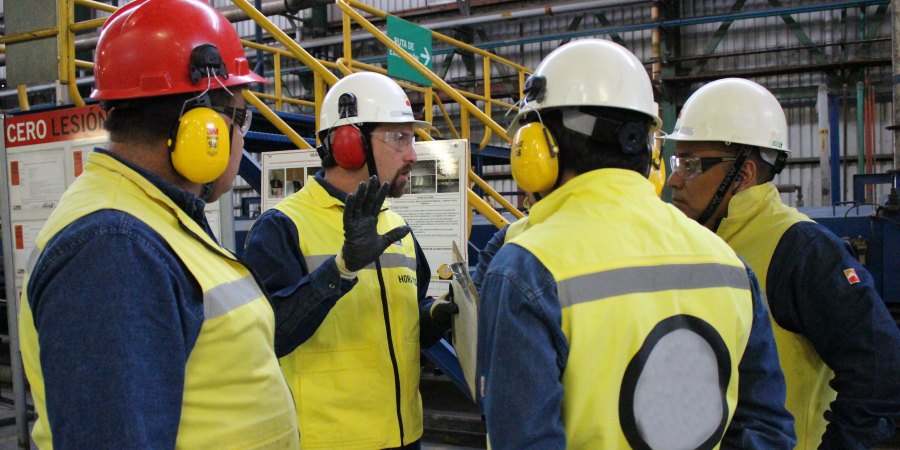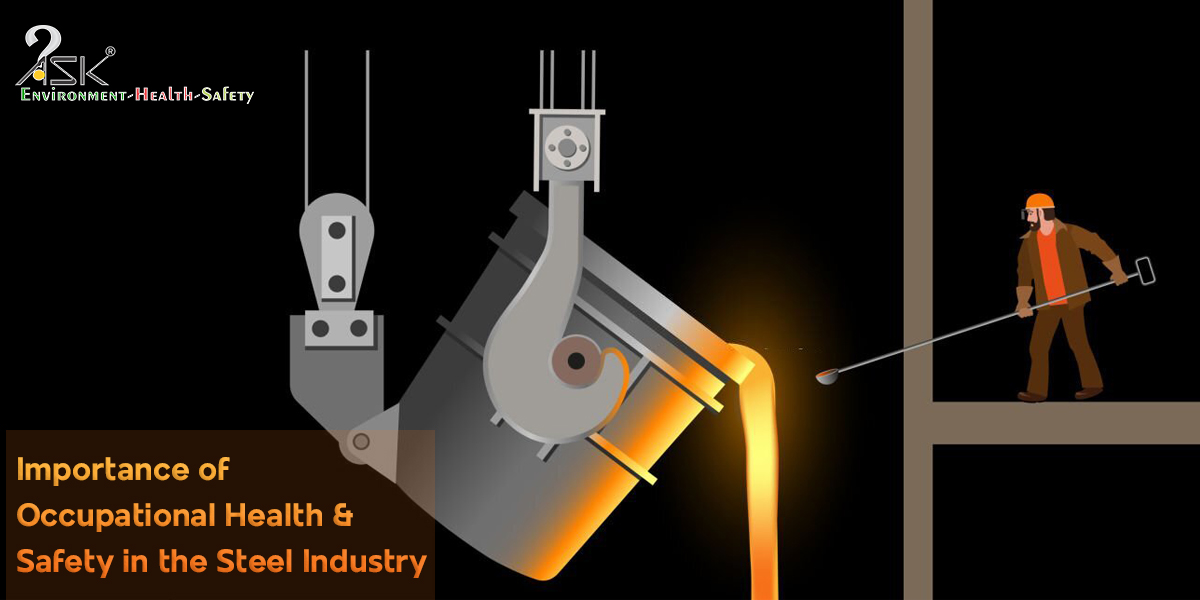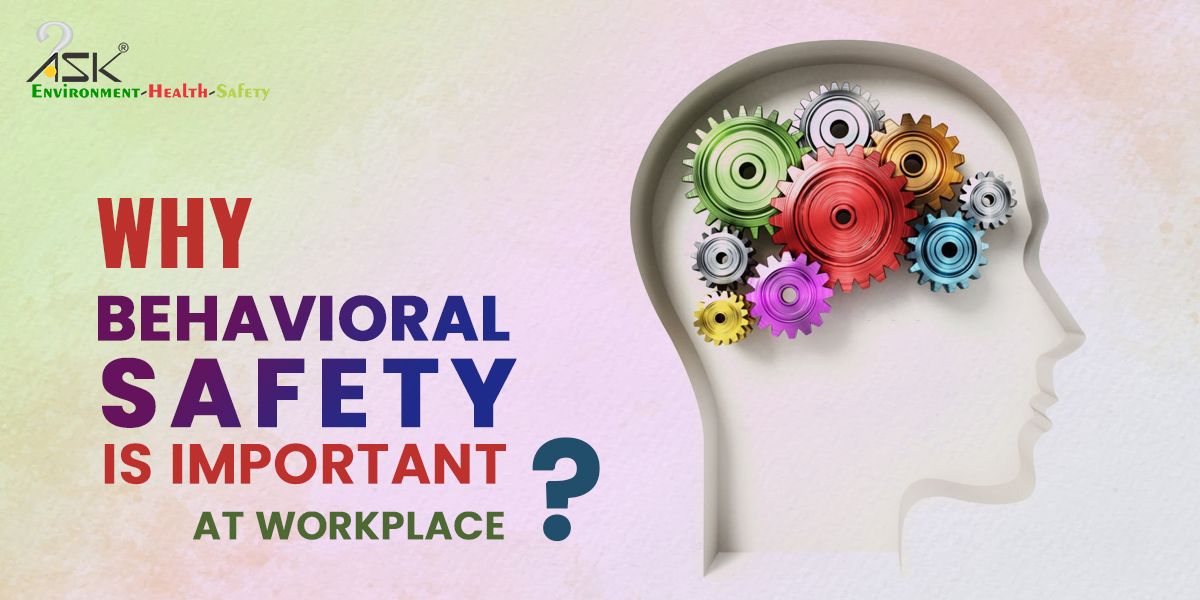Why train for accident investigations?

On May 24, 2017, an explosion occurred at the Midland Resource Recovery (MRR) facility in Philippi, West Virginia, U.S.A that killed two workers and injured one. One of the victims was the founder and president of MRR. The Chemical Safety Board (CSB) initiated an investigation of the incident and deployed an investigative team on May 28, 2017. While its investigation, MRR experienced a second explosion, on June 20, 2017.
According to CSB, probable cause of these incidents was the explosion of reactive and unstable chemicals when workers attempted to drain the uncharacterized, chemically treated liquid from natural gas odorize equipment (direct cause).
On delving deeper, they pointed out certain inefficiencies of MRR – they lacked an effective safety management system, had no formal hazard identification process and did not have safeguards in place to prevent unexpected chemical reactions (contributing causes).
Not only did the investigation focus on the direct causes, it provided an emphasis on the interplay of interrelated systemic issues – that eventually helped MRR correct their safety issues.
Their definition of scope is multifaceted – they try to tackle explanatory variables of accident causation along with the systemic changes.
Trained incident investigators have a systems view, where their priority lies on emphasizing on all the factors that influenced the event rather than a single person’s action or component.
In simple words, trainings help them recommend two approaches – one is the necessary proposed measures as a consequence of lessons, two is the proactive integration of risk management for risks and hazards identified from risk assessments, and other techniques. This helps undertake better preventive measures.
Improving the organizational feedback system
In the seemingly straightforward accidents, better questions while investigation reveal conditions that are open to correction. ‘Fear of reporting’ in employees can undermine communication and affects feedback processes at all levels.
Trained investigators seek inputs from workers regarding weak and drift signals, with questions like –
- Does your system seem unstable? Are you noting a series of events that might indicate a larger problem?
- In your regular work scenario, have you or your co-workers encountered any surprising situation?
- Explain the complete process of performing a task.
Such questions offset the impact of hindsight bias – incident learning is begun around normal work and safe employee actions unfold as we move forward.
Moreover, this is a subtle shift from ‘telling workers how to be safe’ to ’workers helping in improving the system’ (issues that cause accidents). Emphasis is given on learning from the root causes to formulate corrective actions.
Trained investigators further influence regular safety activities such as pre-planning sessions, post-work debriefs, routine safety inspections, Job Hazard analysis and reporting near misses – EHS personnel gain new perspectives for their respective tasks. Investigations help them visualize the multiple consequences that an error can result into.
In a way, these trained investigators encourage management to respond to a failure in a positive and productive manner. They help save industries from larger costs by communicating intricate issues at the ‘blunt end’.
Integrating health and safety into all aspects of the business is the need of the hour – however one must not forget that learning from accidents is a continuous process.
Along with their primary focus on procedures and compliance, trainers can move to a more substantive collaboration with workers that help them identify:
- Operational breakdowns
- High risk activities
- Operational, procedural and hazard control drift that can increase risk in ways that may be difficult to recognize
Image courtesy: worldsteel, original photo can be found here photostream on Flickr – under title, Sebastián Castro, Director Central America, Ternium Centroamerica_3, accessed on 26-March-2020 – image resized.



Accident investigation in many companies is influenced by the employers – it is the biggest challenge for HSE professional to handle it,
Your article is useful for effective accident investigation.